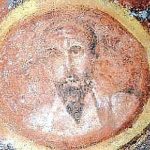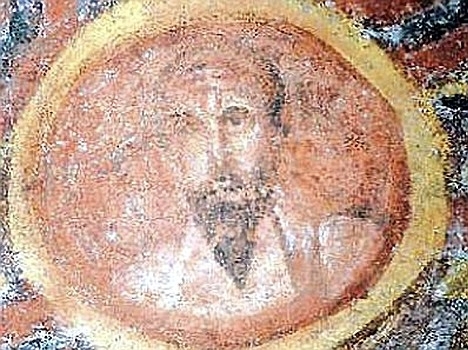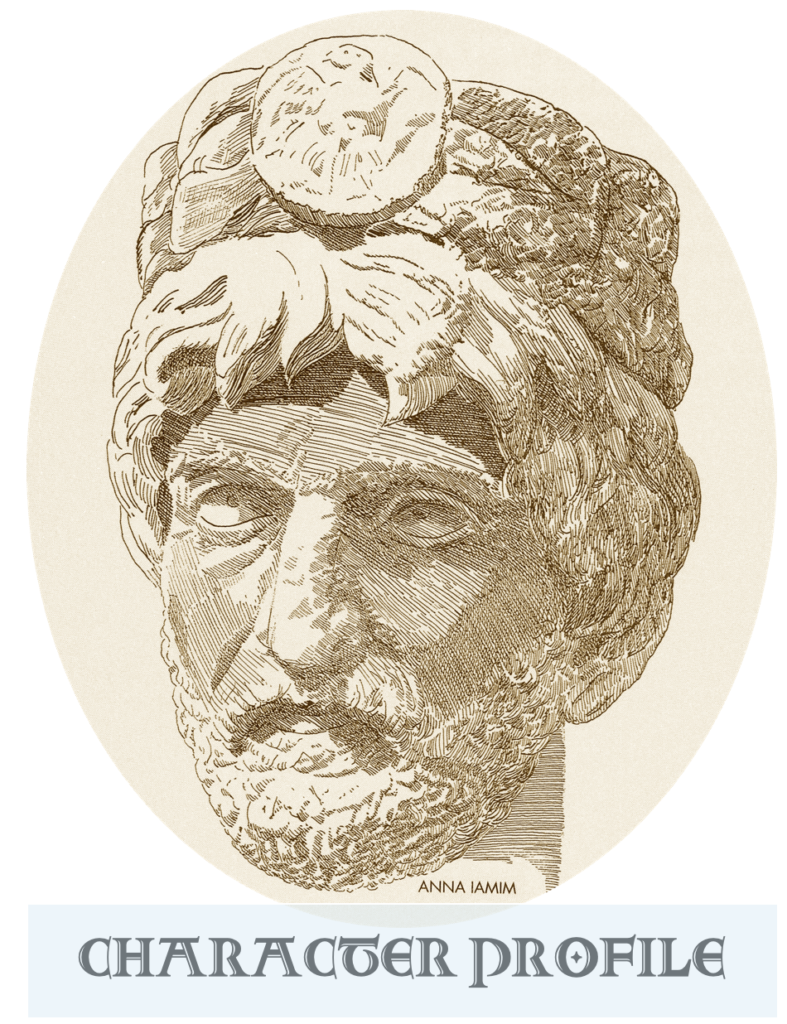The Apostle Paul has had an extraordinary influence on the development of Christianity. In this video Marc Turnage examines Paul’s motives and actions before he became the “apostle to the Gentiles.”

To read more about the Apostle Paul, we recommend the following Jerusalem Perspective article:
- Jack Poirier, “The Western Captivity of the Apostle Paul”

































































































Comments 6
Very enlightening! Thank you
Excellent series of “gold Nuggets”, Marc!
And thanks, Joshua for the follow up!
I’ll be following the discussion…
Hi Marc, this is a huge question I’ve been wondering about. Thank you for the video. Would Gamaliel have rejected Paul’s actions? Also, Paul having ‘letters from the High Priest’ sort of links him to the Sadducees does it not? Or is it that the only thing which they have in common is that the enemy of my enemy is my friend? In other words, the High Priest is under Rome’s thumb to keep order by stamping out Messianic hope; Paul wants to keep Israel pure; it just so happens that these goals align?
One other question, at the very end, do you say, “…because of the ascended Jesus.”?
Author
Joshua,
You’ve asked several good questions. I’m not sure, however, that we can answer them conclusively. We don’t know how Gamaliel would have responded to Paul’s actions, but don’t forget his son Shimon ben Gamaliel was one of the leaders of the First Jewish Revolt in Jerusalem. The answer to your question about Paul’s connection to the Sadducees has to be more nuanced, I think. I think that it is important to note that the group identified by Josephus as “Zealots” were priests in the Temple (not the defenders of Masada). Martin Hengel has suggested that these priests became identified for their zeal because of the patron saint of all zealots, Phineas the priest, who sought to keep Israel pure from mixing with Gentiles. I think it is important for us to remember how Paul identified himself prior to the Damascus road as “zealous for the Law.” This is not coincidental. Moreover, there seems to be some connection between the House of Shammai and the priestly Zealots of the First Revolt. I’m not entirely sure, yet, the connection between all of these threads…they are observations that ferment in my head, but I think they put us on the path to understanding Paul’s connection with the chief priests. Also, I think Paul’s actions against the early Jesus community were fueled more by the mixing of Jews and Gentiles than the messianic character of the movement. I know this doesn’t answer your question, but hopefully it provides food for further thought.
Marc
Marc, thank you for taking the time to reply. The sheer awesomeness of the connection between the story in Numbers 25 and the carrying on of that tradition in among the people of Israel as a movement of ‘zealotry’ is an amazing insight for which I’ve been geeking out on for a while now.
That insight, then combined with the ethnic purity issues which arose when a branch of Judaism began to invite gentiles (with the obvious problems that would introduce, cleanliness, observances, etc) into the congregation and synagogue come together to make sense of what’s going on.
I also find it interesting that when persecution breaks out in Acts 8:1, all the believers (presumably gentiles or those who hadn’t fully proselytized) leave Jerusalem except for the apostles who from birth were already a part of ethnic Israel. I suppose after listening to your explanation; the apostles could remain due to their being pure Israelites (even with this Messianic belief — which as you said wasn’t the real issue). They may have been persecuted (beating/flogging) for preaching a message which invited gentiles into the nation and/or being perceived as potential leaders of a Messianic movement which would cause Rome to come bearing down, but initially, death wasn’t what was sought for them because their Messianic belief alone didn’t warrant it.
Joshua,
We also explored Paul and his relationship to zeal ideology in the LOY segment Choosing the Twelve, Comment to L39. More grist for the mill!
Joshua